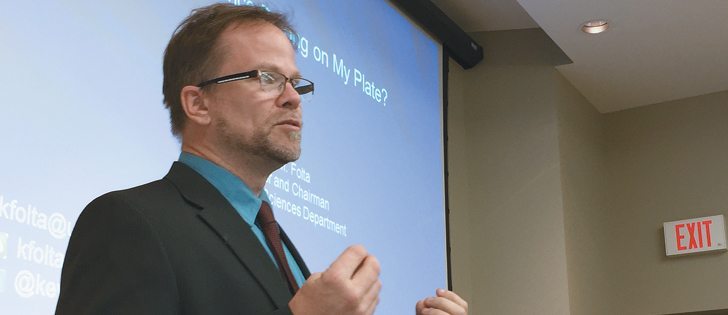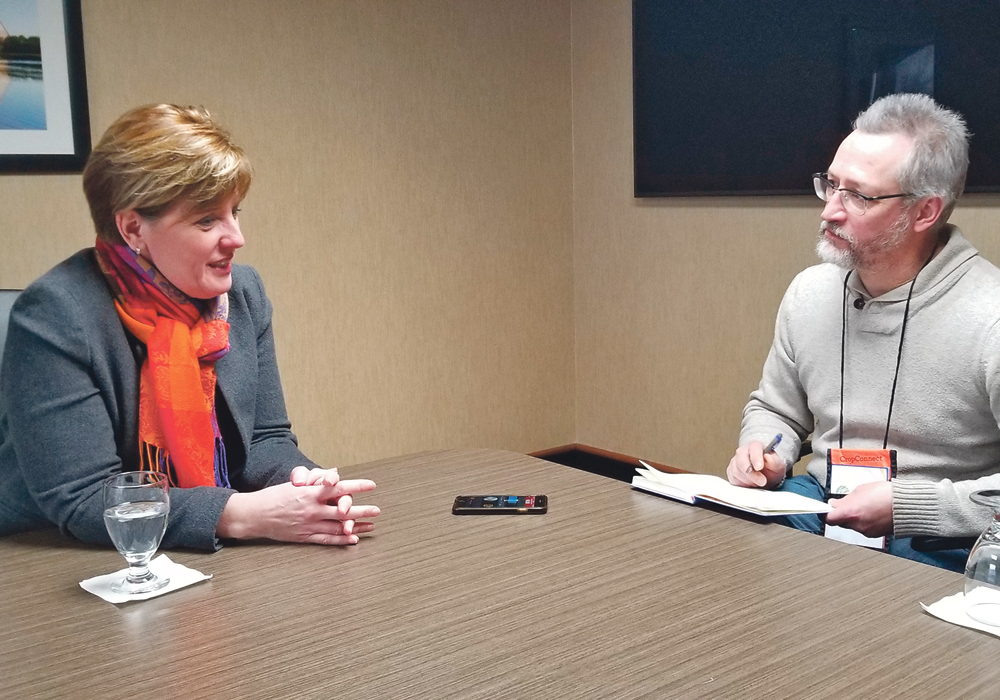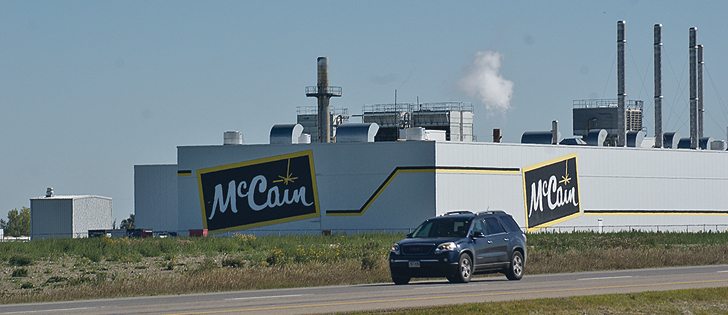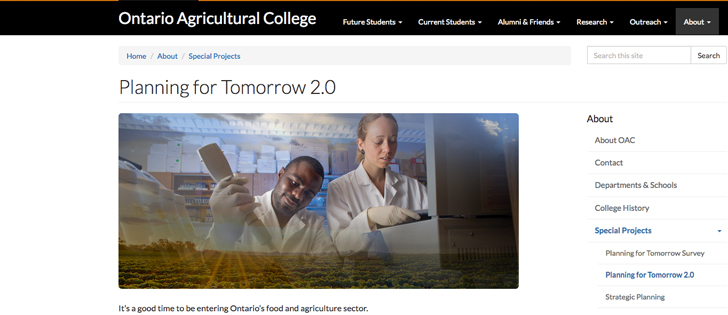High school science teachers, university professors and researchers are starting to realize that it is probably up to them to defend genetically modified crops and other modern innovations.
Science educators and experts are taking the issue seriously after years of activists being allowed to dominate the public debates that rage around food and agriculture.
“Information is changing almost daily. It’s imperative that teachers are well-informed about where they’re getting their information,” said George Valentim, head of the Science Teachers Association of Manitoba.
“Too much information may be a problem in many cases.… You can look up all these things and you’re bombarded by all these websites and people who claim to understand what this all means.”
Read Also

Rural Manitoba resources slim on natural disaster planning
A study from Brandon University’s Rural Development Institute has found that many rural and small municipalities don’t have the staff or resources to make formal climate plans against natural disaster.
Valentim’s group, which is a volunteer association of science teachers, spent a recent in-service day discussing science education in Manitoba schools, including meeting with Kevin Folta, a University of Florida agriculture scientist who is a leading defender of GMOs and other modern innovations that have revolutionized agriculture.
Folta said activists and opponents often knowingly misrepresent the truth about science in agriculture and food, but face little resistance from informed educators and scientists.
This is partly because the science is complex and hard to explain.
“There’s a tremendous learning curve,” said Folta, who was brought to Manitoba by the Manitoba Canola Growers Association.
“This is a very dense literature. If you’re going to talk about anything in science, you have to go out and have a very strong background of understanding of the evidence, the literature that is underlying it.”
Anti-GMO activists don’t have that problem.
“You don’t have to have evidence and a lot of understanding of comprehensive data and explanation to make some of the claims that others are making,” he said.
“The anti side can say pretty much whatever they want.”
The evening before meeting with the science teachers, Folta spoke to dieticians and foodies at the University of Manitoba’s Richardson Centre for Functional Foods and Nutraceuticals about the challenges of combating false information about GMOs and other food and agriculture innovations.
Valentim said his organization helps the provincial education de-partment ensure that the science curriculum is effectively delivered to students. That means helping teachers find online sources of accurate information rather than the mass of questionable sources on hot-button topics.
“It’s up to our Manitoba curriculums to find some positive websites that teachers can turn to,” he said.
Local experts can also be engaged when questions arise, he added.
“We look for useful sources like our own University of Manitoba agriculture faculty.”
Folta said few scientists like him are willing to wade into the furious disputes over GMOs and other science-in-agriculture topics, but he thinks more will now that activists have created so much public fear.
“I think what you are seeing is an awakening of scientists who are disturbed by the misrepresentation of science by anti-GMO types, by the people who go out and say their food is poison,” said Folta.
“And it really does stir scientists in a bad way, and it’s getting us excited about going out and engaging activists about the truth, and you’ll see more and more people going out and doing it.”
















